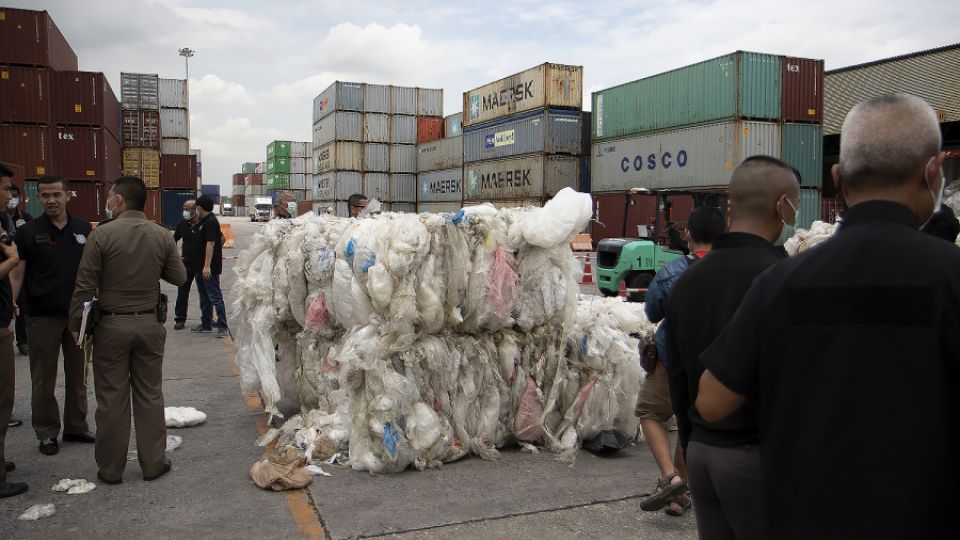At the end of February, Thailand decided to ban the import of plastic waste by 31 December 2024. This time, it would also affect factories in so-called special economic zones. Thailand has been working on a downturn in this sector since 2020. First, imports were restricted to all facilities outside the zones. From 2025, it should start to apply across the board.
Thailand is a target country for plastic waste imports from several developed countries, such as Japan, the United States, and China. The waste is inadequately processed in local “recycling” facilities and pollutes the environment. The ban is important in tackling the long-standing problem of waste imports into this Asian country.
What happens to the waste that leaves Europe?
14 factories are allowed to import and process plastic waste
Only 14 factories with sufficient production capacity and located in special economic zones can now process and import plastic waste. Investors here have access to various tax and non-tax incentives and better infrastructure. They use plastic waste as a resource for production. This year they have a quota of 372 994 tonnes, corresponding to 100% of their total production capacity. Next year this quota will be reduced to 50%. This could increase the capacity to process local waste, which has not yet been satisfactorily resolved.
Criteria for imported plastics have also been established. They must be clean, sorted, and used only for production. Importers must be able to demonstrate the need to import plastic waste.
Will this work?
However, Punyathorn Jeungsmarn of our partner NGO EARTH Thailand, which monitors waste imports into Thailand, has some comments: “The ban will target plastics imported under customs code 3915. There is a need to monitor whether plastics will be imported through other customs codes or legal loopholes.” He mentions a case in 2022, when customs seized 130 tonnes of municipal waste imported from Australia. This was attempted to be smuggled into the country by waste traders as a “paper mix”. “It is imperative that authorities monitor the operations of factories processing plastics to ensure that they do not pollute the environment and endanger the health of people living near them,” adds the EARTH Thailand spokesperson.
New international convention on plastics on the horizon
Plastic management has begun to be addressed internationally. In late December 2022, the first conference of a new international convention to help tackle global plastic pollution occurred in Uruguay. Delegates from more than 150 countries, representatives from academia and civil society, and people from areas affected by plastic pollution attended. In total, about 2,000 people.
The participation of scientists played a major role in the debate's direction. The final form of the convention must be based on data and the latest knowledge. Environment, health, and human rights should be among the main pillars of the new convention. This was supported by the UN Secretary-General António Guterres, who said: “Plastics are fossil fuels in a different form and pose a great danger to human rights, climate, and biodiversity.” The next conference will take place in Paris in May 2023.








